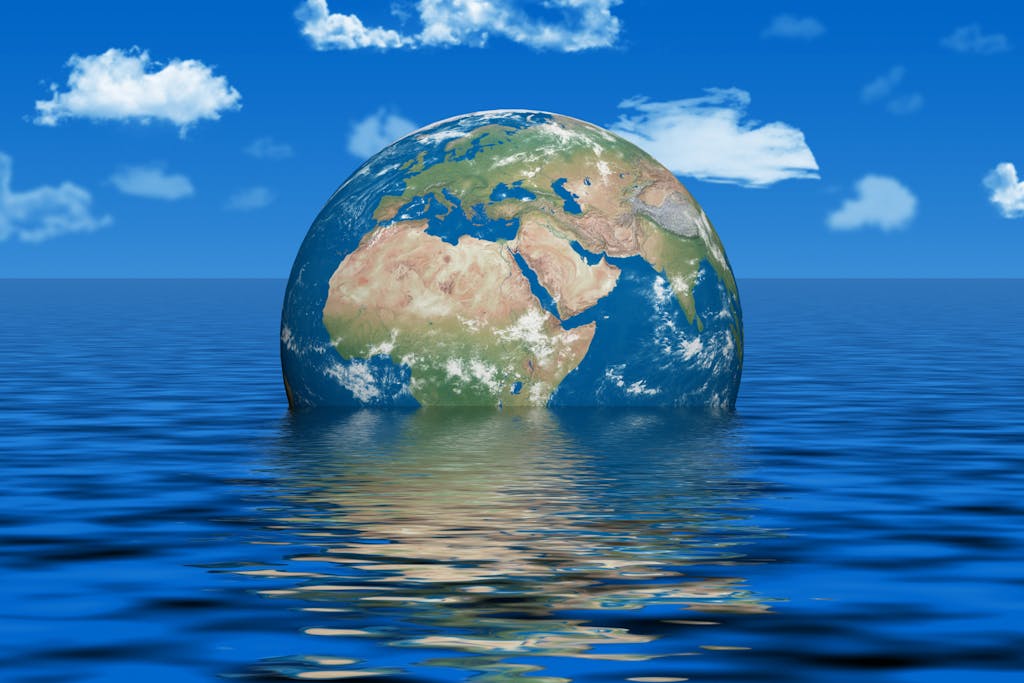The United Nations has recently adopted a landmark treaty focused on safeguarding our oceans, which are increasingly threatened by climate change. This historic agreement emphasizes the sustainable use of marine resources and presents significant opportunities to advance climate action.

The treaty underscores the need to protect marine ecosystems and biodiversity, recognizing their role as natural carbon sinks. The treaty promotes climate resilience by safeguarding these ecosystems and restoring degraded areas. It contributes to global efforts to reduce greenhouse gas emissions.
Acknowledging the vast potential of ocean-based renewable energy sources, the treaty encourages developing and deploying clean energy technologies such as offshore wind, tidal, and wave energy. This transition to renewable energy mitigates climate change and fosters sustainable economic growth and job creation in coastal communities.
Ocean acidification poses a severe threat to marine ecosystems and species. The treaty emphasizes the need to tackle this issue by reducing carbon emissions and supporting research on carbon capture and storage technologies. By addressing ocean acidification, the treaty helps preserve marine biodiversity and protect the livelihoods of millions who rely on the oceans.

The UN treaty promotes international cooperation and collaboration as essential to effective climate action. By encouraging countries to share best practices, knowledge, and technologies, the treaty creates a platform for global cooperation in addressing climate change and ocean conservation.
This treaty on oceans represents a significant milestone in the global effort to protect and sustainably manage our marine resources. By integrating climate action and ocean conservation, the treaty recognizes oceans’ critical role in combating climate change. This historic agreement becomes a catalyst for a more sustainable and climate-resilient future by enhancing ecosystem resilience, promoting ocean-based renewable energy, addressing ocean acidification, and fostering international cooperation. Now, governments, organizations, and individuals need to seize the opportunities presented by the treaty and take bold actions to ensure the long-term health and vitality of our oceans for generations to come.
